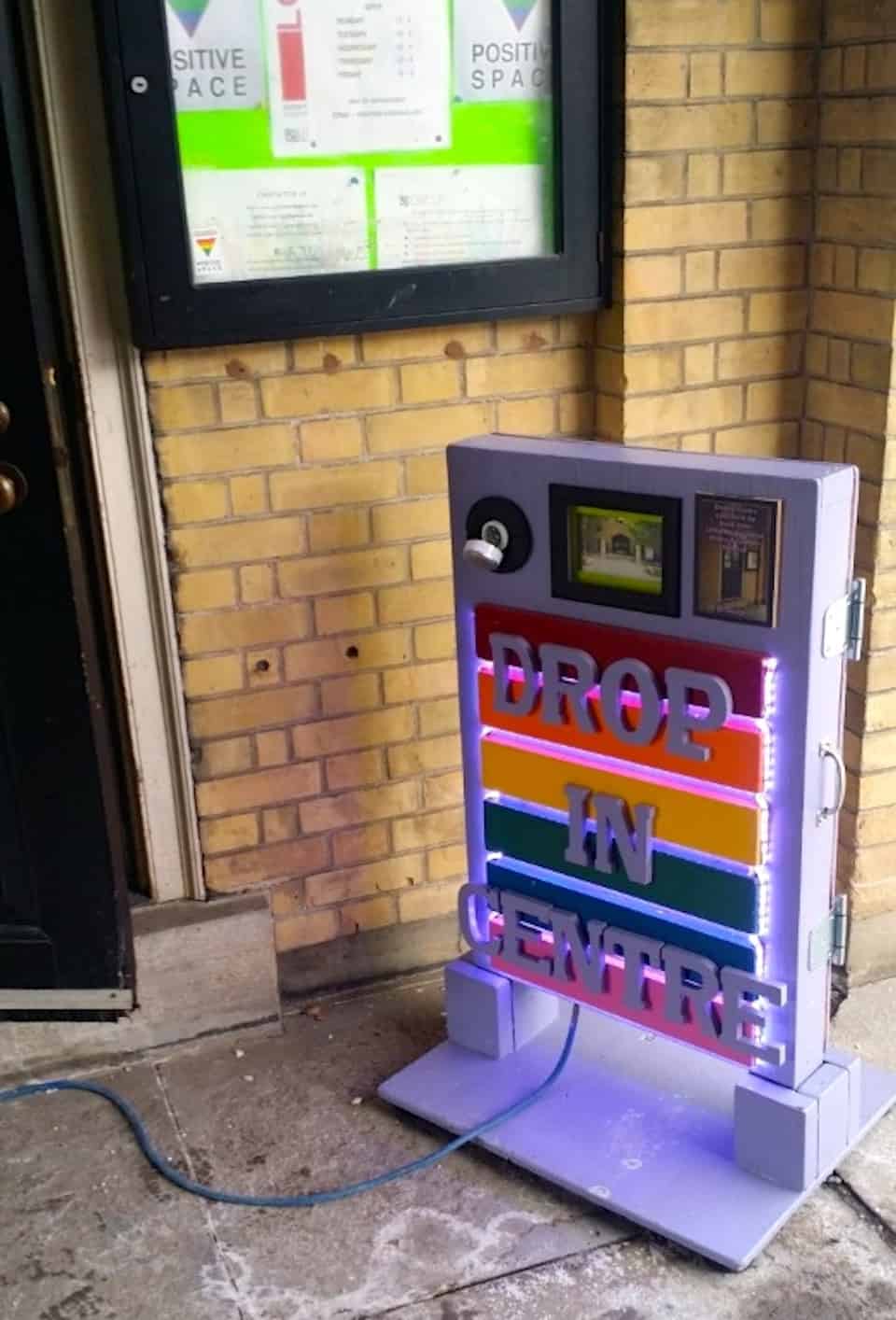The University of Toronto’s largest queer group is holding a levy referendum in the hopes of securing an additional 50¢ per student per year, broken up into 25¢ payments per semester.
The levy, if approved, would be paid by members of the University of Toronto Students’ Union (UTSU) at the St. George campus and would be refundable by the same process as that of other levy groups who collect fees through the UTSU, such as Bike Chain and Downtown Legal Services.
Lesbians, Gays, Bisexuals, and Trans People of the University of Toronto (LGBTOUT) has been operating on campus since 1969. They hope to use the levy to fund events that cater to a more diverse population of the club’s membership and to refurbish its drop-in centre.
“We have a lot of events during the year and most of them in the past few years have been very white men-centred and they’re very party-culture, which we want to get away from,” said Nathan Gibson, LGBTOUT drop-in centre director. Gibson added that they would like to hold education and advocacy events without having to fundraise or charge students to participate.
According to Gibson, the new levy would allow the club to update its space and expand its resources. “Right now it’s sweet, it’s nice but I think it would be helpful to have a bit of money we could spend on that,” he said.
“In acquiring a levy, LGBTOUT would be able to carry out much-needed advocacy work that has fallen by the wayside in past years,” reads part of the preamble to the notice. The notice of referendum also highlights the necessity for safe social spaces, particularly for marginalized groups such as trans people of colour, who experience elevated poverty rates compared to the general community. “[A] levy would make it possible for us to provide necessary subsidies and accommodations for those in need.”
The levy funds would also go towards orientation and events at the start of the year. “Current funding structures do not adequately suport groups that take on long-term projects or provide large-scale projects and events during those critical first week of school,” LGBTOUT argues.
Gibson is hopeful that the levy referendum will pass, but acknowledges the struggles that LGBTOUT has experienced in previous years’.
If the levy passes, this referendum will mark the end of years of trying to obtain per-student funding for LGBTOUT. Between 1999 and 2004, LGBTOUT held four referenda in an effort to become a levied service group. Each time, the referendum failed. In 1999, the group’s campaign was met with violent homophobic backlash that motivated U of T to create an Office of LGBTQ Resources and Programs, a forerunner to the U of T Sexual & Gender Diversity Office.
“I just think it’s a really good step forward, I think it’s a very necessary thing,” Gibson said.
The referendum will run concurrently with the UTSU spring elections. Voting will take place in-person at polling stations and online between March 22 and March 24.


